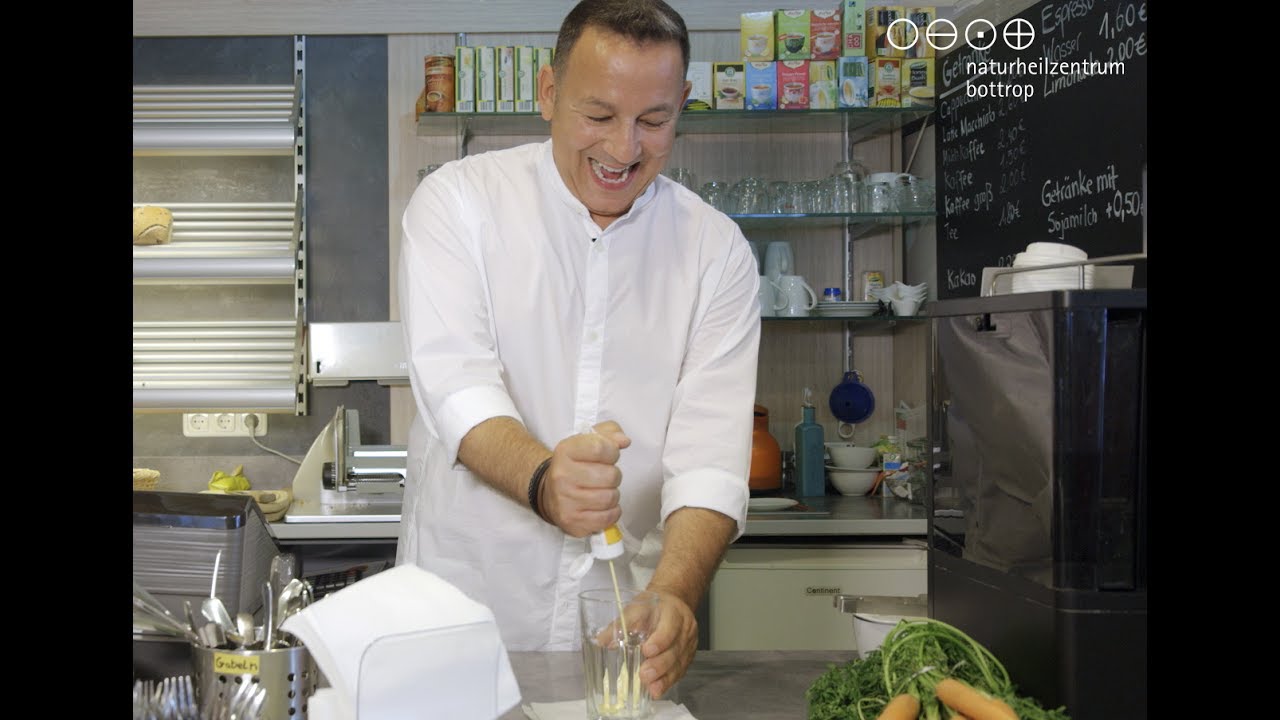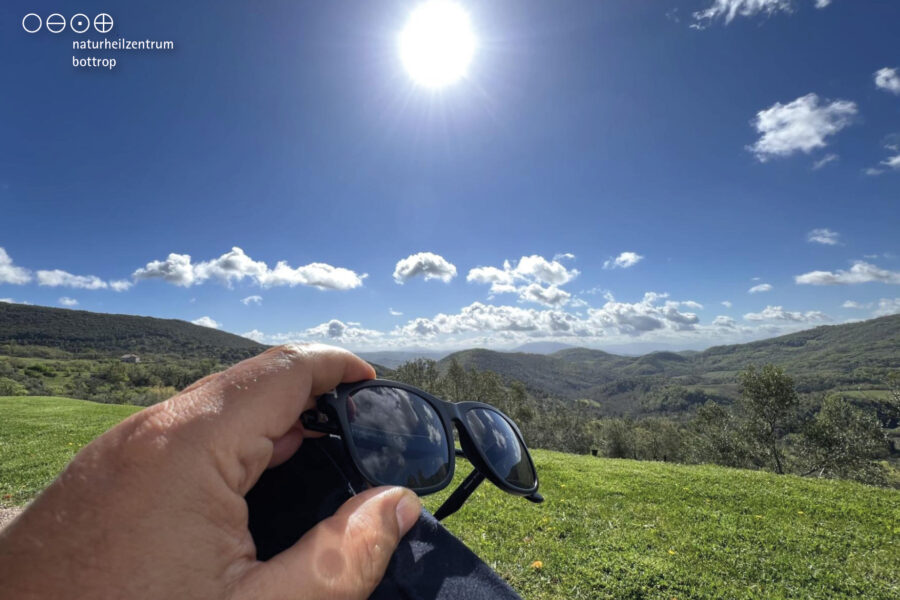Health kick for between meals: carrots to go
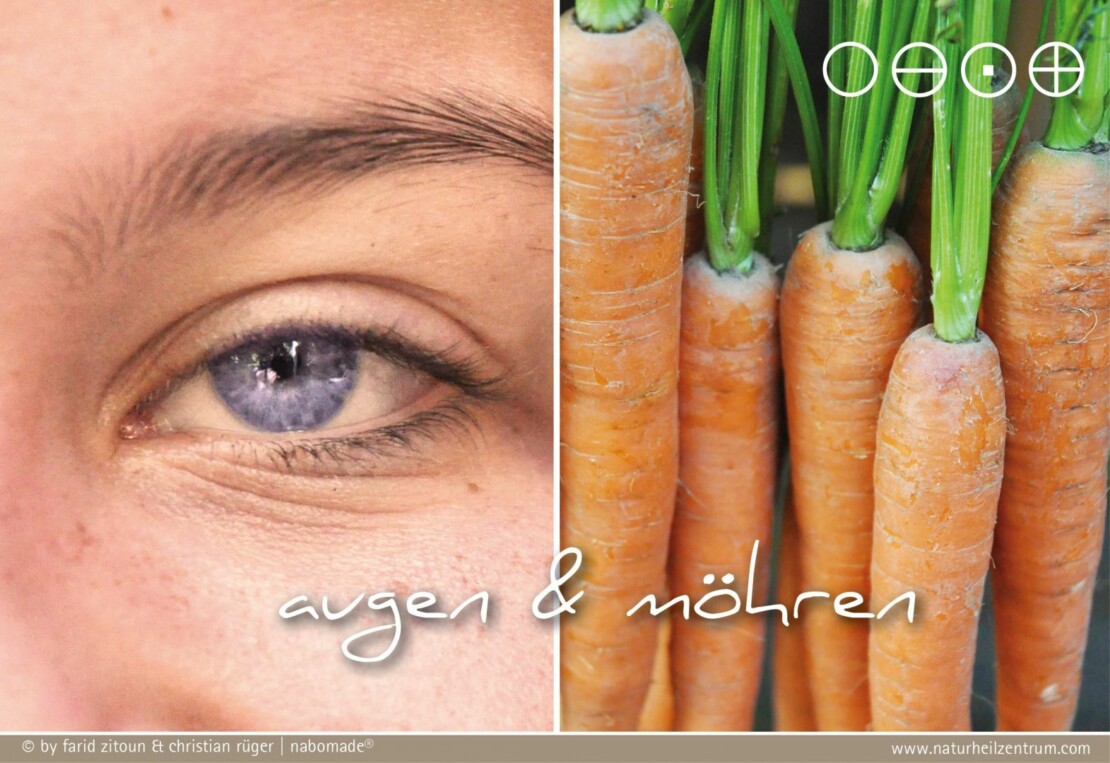
Carrots really have it all – they are brimming with vitamins, minerals and trace elements
Hattu Möhre? (Got carrots?) The famous German rhetorical question is not just something for the jokers. The carrot is at the top of the list of favorite vegetables for many of us – whether it’s cooked, part of a salad, or simply something to nibble in between meals. The taste of these orange-colored tubers goes down well. But these root vegetables have more to offer than just that.
Carrots rank among the types of vegetables that are enormously low in calories. 100 grams of them contain an average of 0.2 grams of fat, 1 gram of protein, 4.8 grams of carbohydrate and 3.6 grams of fiber.
Carotene makes our world appear colorful
In addition, they are particularly rich in carotene, a precursor of vitamin a. This is important for cell growth, it keeps skin and mucous membranes healthy, stimulates sperm production and promotes the development of the embryo in the mother’s body. “But above all, it is important for our vision, especially at night,” says Farid Zitoun from Naturheilzentrum Bottrop. And it makes our world appear colorful. Together with other components it is also plays a vital role in our color vision. “Vitamin A is part of the optical pigment in the sense cells of our retina.”
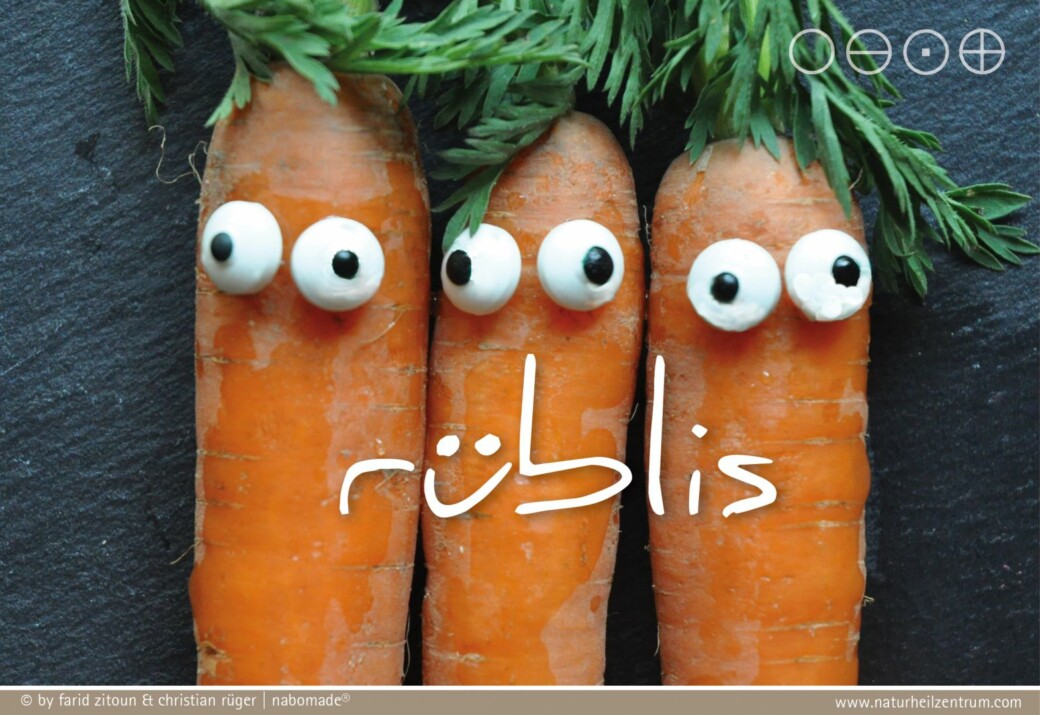
Carrots are a real power snack
The topic of eye health has been one of the main focuses for a team of experts from the Ruhr metropolis for many years. Farid Zitoun and his practice partner Christian Rüger belong to a circle of specialists and international trainers in the field of eye acupuncture. They know how much goodness a carrot contains. “A whole load of minerals and trace elements of potassium, phosphorus, calcium, magnesium, iron and zinc.” And the orange-colored vegetable also scores highly in terms of vitamins: carrots have it all. They contain B group vitamins, chiefly vitamins B6, B1 and B2. “And a ‘carrot to go’ can also do a whole lot for our immune system. Because in addition to vitamin C, which is so important for our bodies’ defenses, the crunchy vegetable contains vitamin E, which absorbs free radicals.”
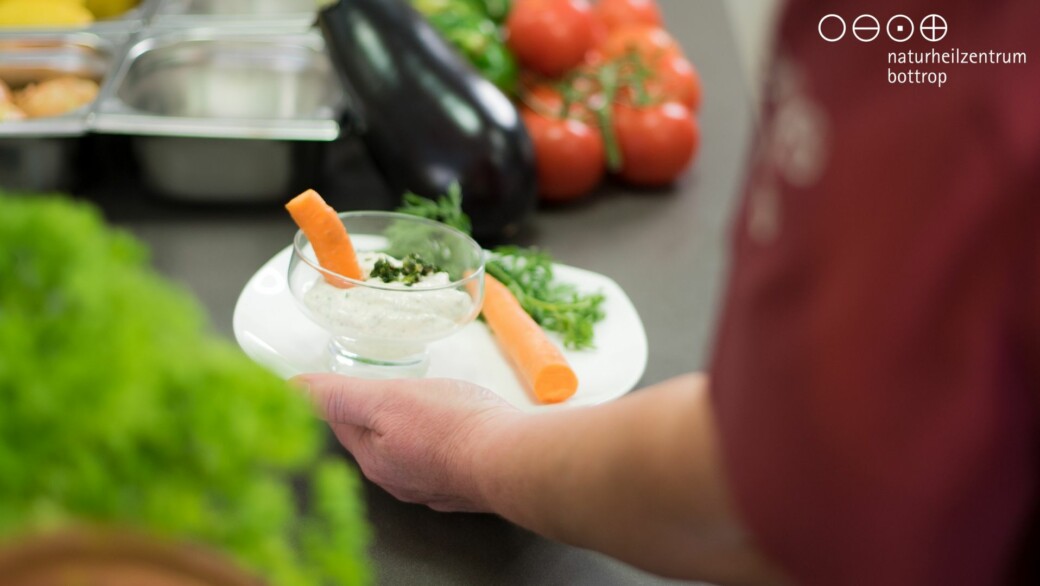
Healthy and delicious – a combination that ensures that carrots are used in many different forms in modern cuisine. “Freshness is a crucial factor,” say the health experts from the naturopathic center. As passionate amateur cooks, Farid Zitoun and Christian Rüger know that carrots do not have a long shelf life. “They quickly wilt or become as soft as rubber.” They therefore can’t be enjoyed for extended periods. “So do not store them for too long. It’s better to eat them quickly.” However, if the versatile root vegetables are to last a few days, it is best to put them in the vegetable compartment of the refrigerator. The root vegetables can win People over as a raw food snack between meals, as a juice, or as a crisp salad with grated apples, a shot of lemon juice, sugar and a little oil mixed together. As blanched vegetables, as a soup or in a moist carrot cake. No matter what form, our bodies will benefit from the vitamin power. And you will get your necessary portion of carotene.

Grandma already had it in perspective
But for carrots to truly impart their full, healthy effect, you have to know one thing: carotene is one of the so-called fat-soluble vitamins. “This means that these vitamins – including vitamins D, E, or K – do not dissolve in water. They need fat as their mode of transport. Only then will our bodies be in a position to use them,” explains Farid Zitoun, who then adds: “My grandmother was already fully aware of this. I can still it remember well: how every carrot stew came with a knob of butter.” This was important – not only to enhance the flavor, but also to ensure that the carotene could be absorbed by the body.
In addition to fat-soluble vitamins, there is a second group: the so-called water-soluble ones. This includes all the B-vitamins along with vitamin C. “They are distributed in the water-rich areas of our body”, explains Christian Rüger. For example, in the blood or cell spaces. These vitamins are rarely stored in the body. “When there is too much, we simply excrete it,” say the Bottrop-based naturopaths.
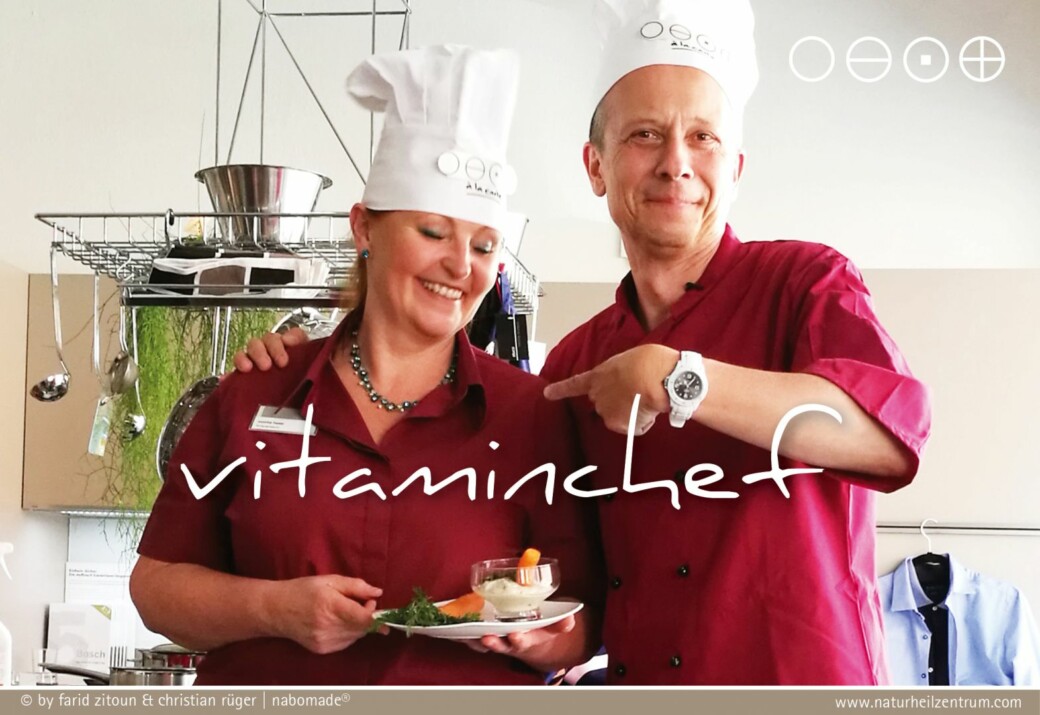
Too much is counterproductive
The fat-soluble vitamins, on the other hand, can all be stored. “Regular intake through healthy, vitamin-rich food is essential,” adds Farid Zitoun. “However, we do not have to boost our intake. There’s then a risk of overdoing it, which is counterproductive for our health and can also lead to problems.” The alternative-medicine practitioners from the Ruhr metropolis advise against the consumption of supplementary vitamin products. Additional beta-carotene must and should not be taken without reason. The two complementary-health practitioners refer to current research results. “There have been numerous studies on the subject and they all come to a similar result: those who take vitamin products regularly do not live any longer”, says Farid Zitoun.

Some study series have had to be canceled. This includes the so-called ‘caret study’. 29,000 men between 50 and 69 years old took part in it. All were smokers. They took high doses of beta-carotene highly over a long period of time. But instead of a preventive effect, it was found that the risk of tumors in the lungs rose due to the consumption of vitamins. (http://www.focus.de/gesundheit/ratgeber/krebs/vorbeugung/tid-28581/krebsrisiko-steigt-wer-vitamintabletten-schluckt-stirbt-frueher-warnung-vor-den-vitaminen-a-und-e-_aid_880010.html). “In western industrialized countries, an adequate supply of nutrients can be ensured through a diet,” say the naturopaths.
Their advice: regular natural power snacks from your own garden. They don’t just taste good, but also keep you fit and healthy. The following advice applies to vitamins: it’s better to have a carrot on the table than cataracts in your eyes.


